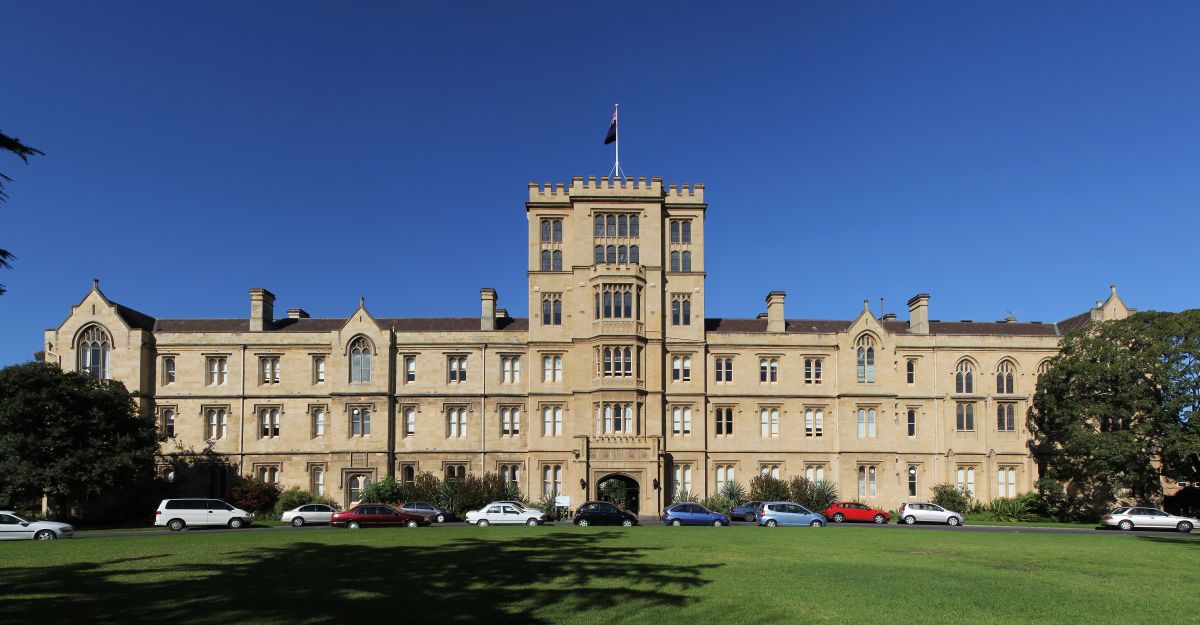You tell me not to answer the phone. But I do. Because your eyes flash gold when you walk past the kitchen. Because Plath was brave enough to answer the phone. And I need to make sure it isn’t Assia Wevill come back from the grave to steal you away from me. Her voice is husky. Every third word catches in her throat. Like a diamond clasp hooked inside a black velvet pouch. As she speaks I see her lips. Crimson. Patent leather. Black cherries. She materialises before me as I listen. I am surprised. Somehow my image of Plath has become entwined with Veronica Lake. Probably because of that photo of Plath in a white bathing costume. White hot poet. Yellow hair. Now I see it seductively sliding down over her right eye. Like tiny waves or ripples. One cat’s eye is visible. Luminous. Emerald. Fire-filled. I see a she is wearing a strapless dress that matches her lipstick in shade and texture. I think of the femme fatales in film noir I studied in second year Cinema and I remember being told about the Valentine’s Day massacre. I’m no Barbara Stanwyck; more of a Gene Tierney. But I could dress myself as a police officer and shoot out your heart.
Valentine’s Day massacre



